BrightFarms CEO Steve Platt & Cox Enterprises VP Steven Bradley Kick Off Indoor Ag-Con 2022 With Opening Morning Keynote Address
December 14, 2021 – BrightFarms CEO Steve Platt and Cox Enterprises VP Steven Bradley will lead the opening morning keynote address for the 9th annual edition of Indoor Ag-Con, scheduled for Feb. 28 – Mar. 1, 2022, at Caesars Forum, Las Vegas, Nev. Themed “Growing Your Business,” the premier trade show and conference for indoor|vertical farming will give attendees the opportunity to explore new resources on the expo floor and hear from Platt & Bradley, other CEOs, thought leaders and industry experts from today’s cutting-edge farms and CEA companies.
“When Cox Enterprises acquired BrightFarms earlier this year, the industry took notice,” says Brian Sullivan, co-owner, Indoor Ag-Con LLC. “We are thrilled to welcome Steve Platt and Steven Bradley to our keynote stage to share their exciting growth plans and vision for the future of our industry. It promises to be an inspiring kick-off to this year’s conference!”
During the opening morning keynote – 8:00– 8:50 am on Monday, Feb. 28, 2022 — Platt and Bradley will share how BrightFarms and Cox are working together to transform the indoor farming industry – further strengthening its position as a sustainable platform for the future.
Steve Platt is CEO of the mission-driven indoor farming leader BrightFarms, and a veteran Consumer Packaged Goods (CPG) executive with a proven record of growing brands. Under Steve’s leadership, BrightFarms was acquired by lead investor Cox Enterprises in 2021, resulting in a clear roadmap for future growth and a positive exit for initial investors. His passion for BrightFarms’ mission and products led him to the company, which grows pesticide-free leafy greens in its six high-tech facilities across the country. BrightFarms grows and delivers its greens to local retailers as soon as 24-hours from harvest, producing fresher and more nutritious salads, and significantly reducing overall environmental impact compared to West Coast farms.
As Vice President of Cox Cleantech for Cox Enterprises, Steve Bradley is responsible for building new cleantech verticals that tackle sustainability challenges while driving profitability, topline growth and diversification of the core business. With Bradley’s leadership, the Cox Cleantech team is investing in and acquiring solutions that positively transform key sectors including food, waste and energy to more sustainably meet the needs of the world’s rapidly growing global population.
ROBUST 2022 CONFERENCE SCHEDULE NOW IN DEVELOPMENT
In addition to Platt & Bradley’s opening morning keynote, look for additional announcements coming soon on other headliner keynote presentations planned for the February edition. The 2022 conference will also include a full roster of panel discussions offering a deep dive into three core tracks – Grower, Business & Technology.
Attendees will find more new initiatives and show highlights to explore in February, including:
CO-LOCATION WITH NATIONAL GROCERS ASSOCATION SHOW
New for 2022, Indoor Ag-Con will co-locate with the National Grocers Association (NGA) Show, the leading trade show and conference for independent grocers, offering even more networking and business opportunities for attendees and exhibitors alike. The NGA Show and Indoor Ag-Con visitors will have access to all exhibits, and discounts will be available for cross-over educational event attendance. Look for more details coming soon.
EXPANDED EXHIBIT FLOOR
2022 will also welcome the largest expo floor yet for Indoor Ag-Con. From irrigation and LED lighting to environmental control systems, substrates, greenhouse equipment, energy solutions, business services and more, attendees will have the chance to see the latest introductions and innovations from some of the biggest names in the business, as well as emerging leaders.
MORE NETWORKING
Exhibitors and attendees can enjoy complimentary luncheons on the show floor each day, a show floor cocktail reception, breakout sessions and other opportunities to reconnect with friends and meet new business partners.
QUICK FACTS:
WHEN: Monday, Feb. 28 – Tuesday, Mar. 1, 2022
WHERE: Caesars Forum, 3911 Koval Lane, Las Vegas, NV 89101
INFO: For information on exhibiting or attending visit www.indoor.ag or email suzanne@indoor.ag
ABOUT INDOOR AG-CON LLC
Founded in 2013, Indoor Ag-Con has emerged as the premier trade event for vertical farming | indoor agriculture, the practice of growing crops in indoor systems, using hydroponic, aquaponic and aeroponic techniques. Its events are crop-agnostic and touch all sectors of the business, covering produce, legal cannabis | hemp, alternate protein and non-food crops. In December 2018, three event industry professionals – Nancy Hallberg, Kris Sieradzki and Brian Sullivan – acquired Indoor Ag-Con LLC, setting the stage for further expansion of the event. More information: www.indoor.ag

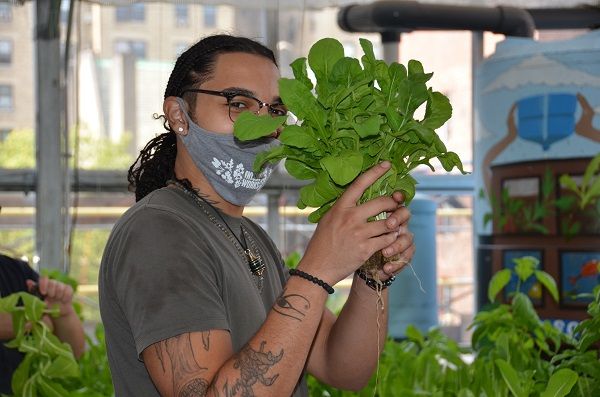
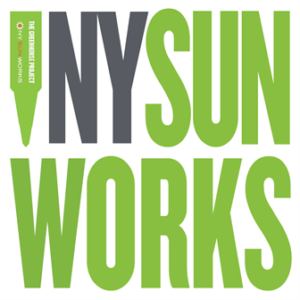 For more than 10 years
For more than 10 years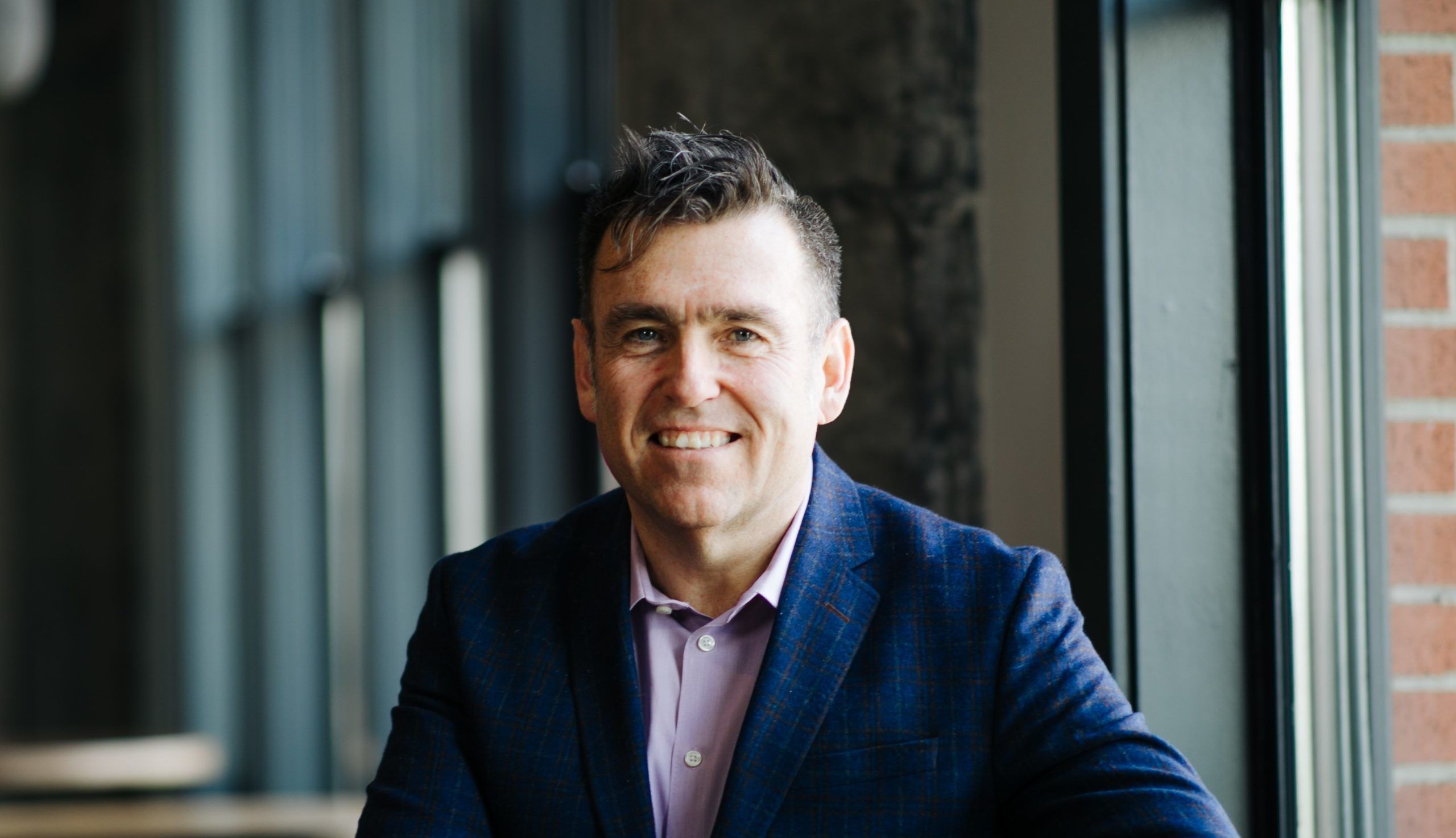
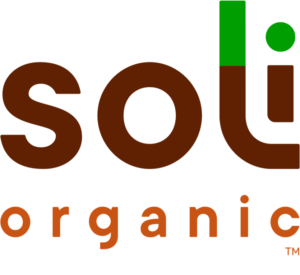 Indoor Ag-Con
Indoor Ag-Con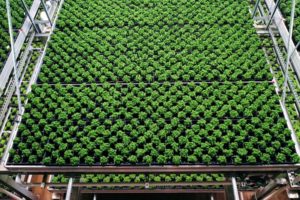
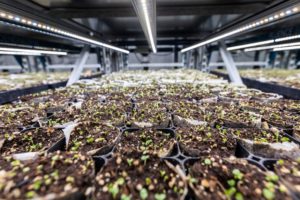 Congratulations on the recent news about the $120 financing arrangement with The Decennial Group. How does this play into your growth plans?
Congratulations on the recent news about the $120 financing arrangement with The Decennial Group. How does this play into your growth plans?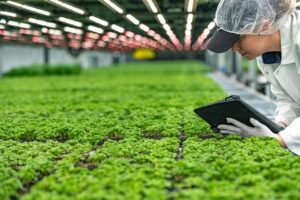 Speaking of news, can you also share a little more about the new partnership between Soli Organic and Rutgers University and how you will be working with its plant breeding experts?
Speaking of news, can you also share a little more about the new partnership between Soli Organic and Rutgers University and how you will be working with its plant breeding experts?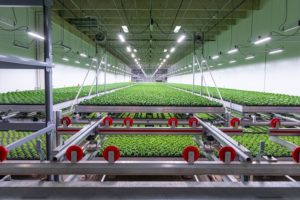 What’s next for Soli Organic?
What’s next for Soli Organic?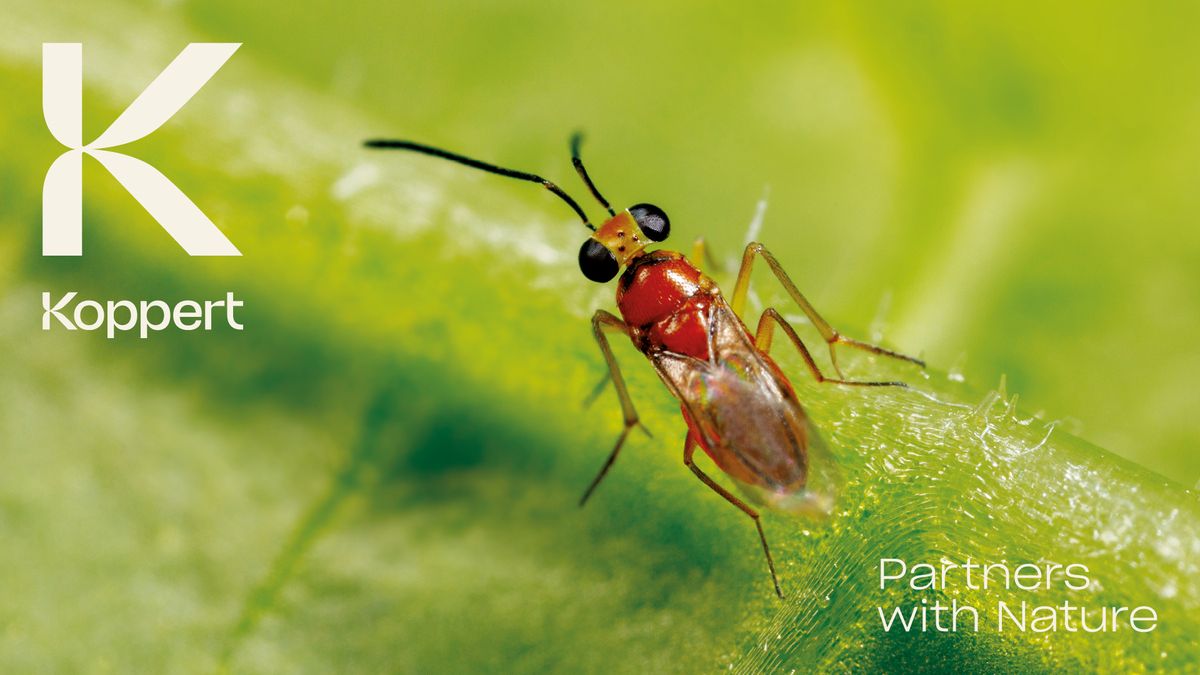
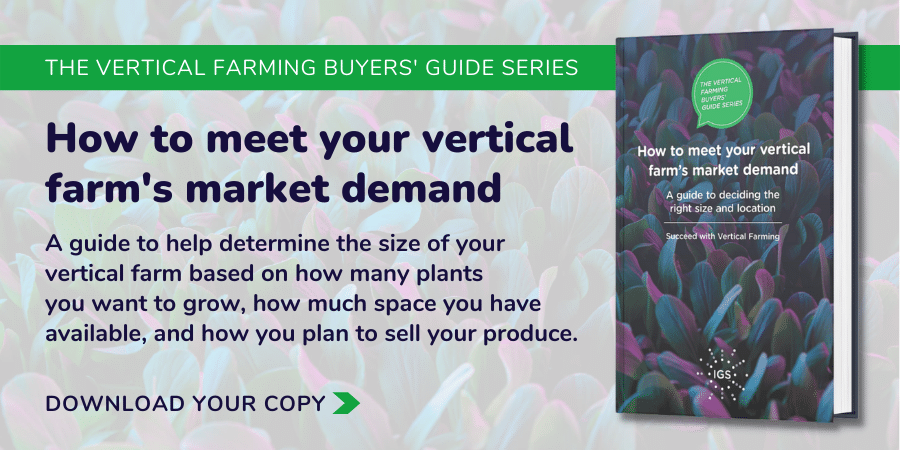
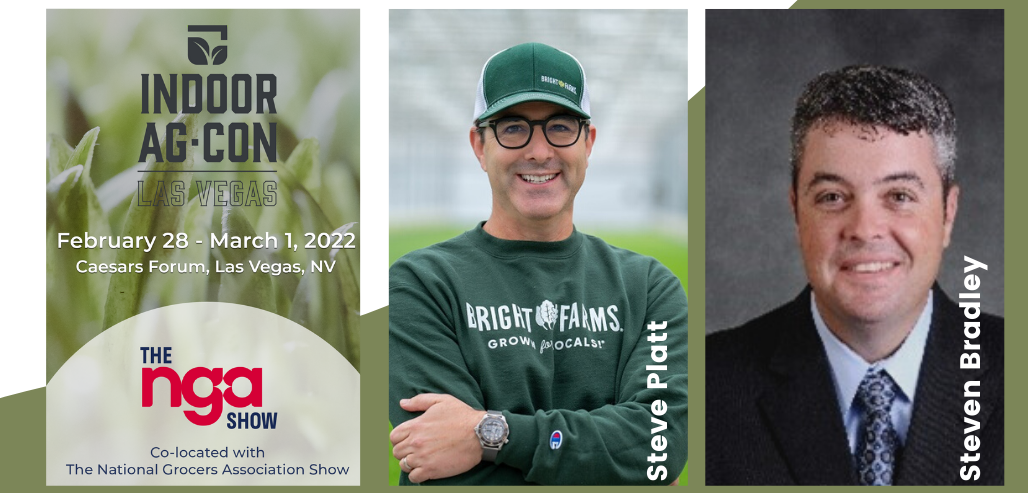
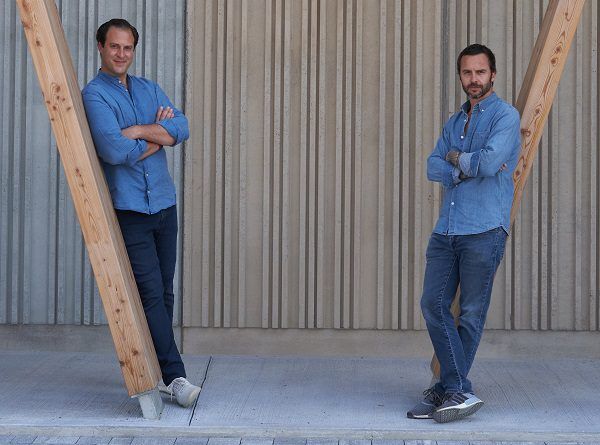





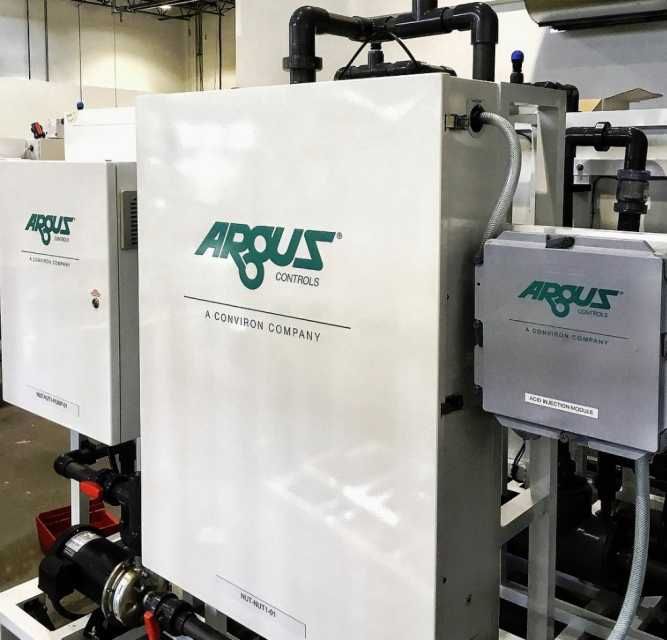

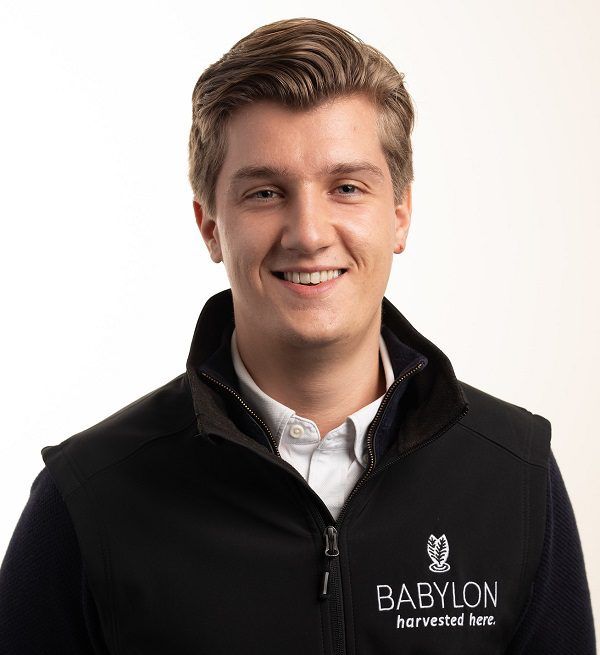
 From the beginning,
From the beginning,  We founded the company to miniaturize the semi-automation found in commercial-scale farms, at a fraction of the cost and designed it to be controlled via the cloud to allow for aggregated data collection.Today we’ve built and deployed that underlying technology on our fleet of distributed Micro-Farms in North America. We’re just getting started in our journey to apply our underlying technology to different vertical farming systems and in doing so expand the market for sustainable indoor farming.
We founded the company to miniaturize the semi-automation found in commercial-scale farms, at a fraction of the cost and designed it to be controlled via the cloud to allow for aggregated data collection.Today we’ve built and deployed that underlying technology on our fleet of distributed Micro-Farms in North America. We’re just getting started in our journey to apply our underlying technology to different vertical farming systems and in doing so expand the market for sustainable indoor farming. We’re accelerating the commercialization of indoor farming service with hundreds of Micro-Farms being installed in foodservice operations across North America. We’re confident in our technology’s ability to deliver an unparalleled growing experience and it’s exciting to see the data coming in from our growing base of happy customers.
We’re accelerating the commercialization of indoor farming service with hundreds of Micro-Farms being installed in foodservice operations across North America. We’re confident in our technology’s ability to deliver an unparalleled growing experience and it’s exciting to see the data coming in from our growing base of happy customers.

 Our goal has always been to make vertical farming accessible to mainstream markets. We’re proving that it’s commercially viable with our foodservice partners and simultaneously we’re seeing the rapid expansion of the local food movement that’s driving a ton of innovations in the CEA space.
Our goal has always been to make vertical farming accessible to mainstream markets. We’re proving that it’s commercially viable with our foodservice partners and simultaneously we’re seeing the rapid expansion of the local food movement that’s driving a ton of innovations in the CEA space.